The top FT stories read by the legal world in the coronavirus lockdown
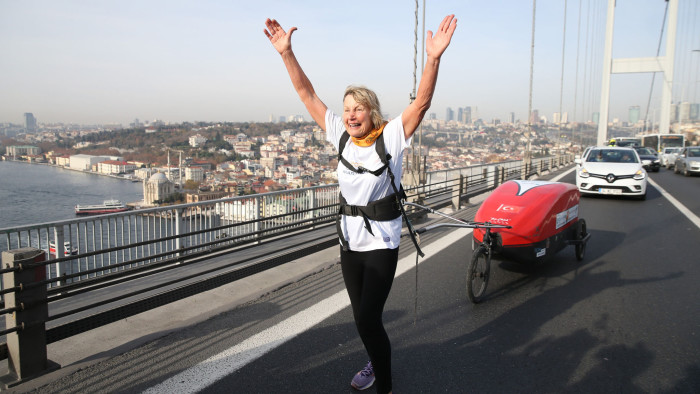
Roula Khalaf, Editor of the FT, selects her favourite stories in this weekly newsletter.
How is the legal sector responding to the coronavirus crisis? Since the pandemic hit, the FT has been covering the impact on law firms — from the sudden widespread adjustment to remote working and the disruption to courts, to an influx of client questions about keeping deals alive and managing legal issues emerging from the outbreak.
The following stories are taken from our Full Disclosure newsletter, sent to FT subscribers in the industry each week, sharing what has been most popular with legal readers on FT.com.
As with most sectors, shouldering the financial blow to business is an urgent priority: readers have zeroed in on our reporting about how law firms are coping, while finding opportunities in growth areas.
This week law firms made moves to ease the burden of coronavirus on their bottom lines.
None has been so unusual as Norton Rose Fulbright, which is resurrecting a four-day week scheme it enacted during the financial crisis in a bid to save jobs.
Staff at the firm earning more than £45,000 have been asked to volunteer to work four days a week when they are less busy and take a 20 per cent cut. Those on lower salaries will take a 5-20 per cent pay cut for the same reduction in hours.
Elsewhere the legal world continues to adapt to remote technology. This week the Solicitors’ Disciplinary Tribunal went virtual, with Baker McKenzie’s ex-London boss Gary Senior facing a hearing via Zoom over alleged sexual misconduct. He denies the allegations against him.
The move to homeworking has been a big change for lawyers, who are used to face-to-face meetings and close teamwork. But online tools including electronic data rooms for checking documents and video conferencing platforms are making it easier to adapt.
Tech tools are also helping from a social perspective — whether it is Friday night drinks on Zoom to “virtual coffee rooms”, lawyers are finding ways to connect with colleagues and bond with teams in the digital realm.
Here is our selection of what FT subscribers in the legal sector having been reading in the past week:
Lawyers re-tool to take on restructuring boom
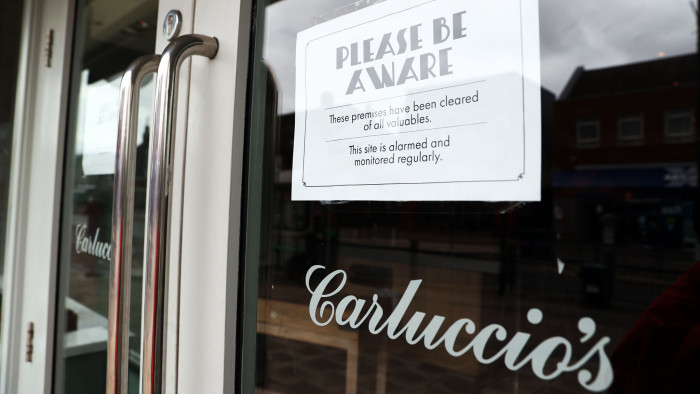
Law firms are retraining junior lawyers to become experts in restructuring and insolvency during the pandemic and borrowing partners from quieter departments to work on large deals at firms including Latham & Watkins and Hogan Lovells. As one senior private equity lawyer put it:
“Firms expect three or four times the number of core restructuring lawyers to be subsumed into stressed and distressed related work during the Covid-19 crisis.”
Norton Rose calls on staff to take on four-day week
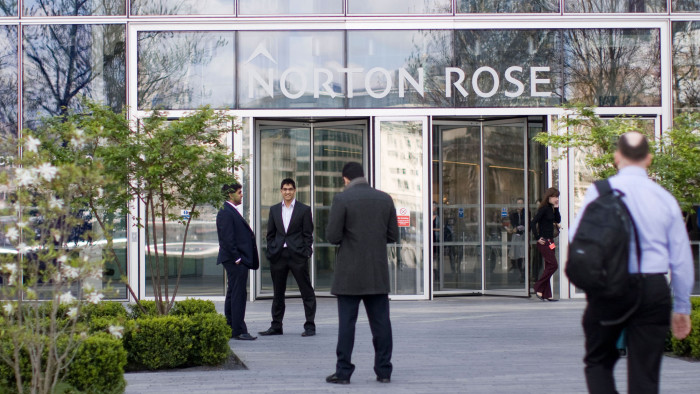
Norton Rose Fulbright became the first large law firm in the UK to ask staff to accept a pay cut and reduced hours last week. It will also be delaying the payout of partner profits as well as salary rises and bonus payments.
“Norton Rose took similar action during the financial crisis. Other big firms are also making moves to conserve cash and protect jobs in the face of big predicted falls in fee income.”
LSE rejects Burford’s claim of stock manipulation
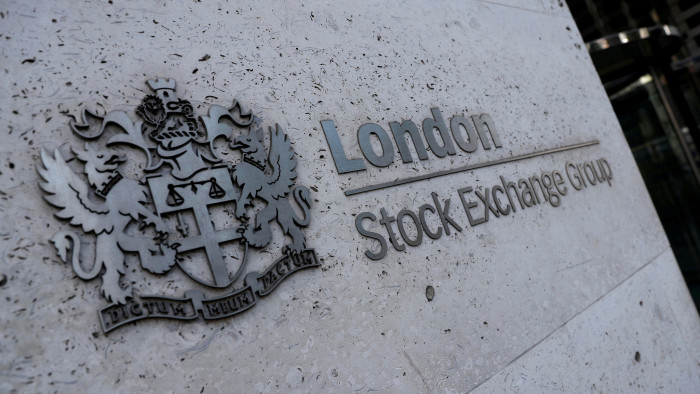
The latest salvo was fired last week in a bitter court row between litigation funder Burford Capital and the London Stock Exchange. Burford believes its share price was manipulated and wants the court to force the LSE to reveal the traders who did it. The LSE called Burford’s claims “completely detached from reality”.
“The LSE said it had thoroughly investigated the claim along with the FCA and found no evidence of wrongdoing. For both the LSE and FCA to be wrong, it said, ‘there must have been a catastrophic and incredibly surprising independent failure of their systems and analysis, both automated and manual’, for which there was no evidence.”
Neighbourly love in a cold climate
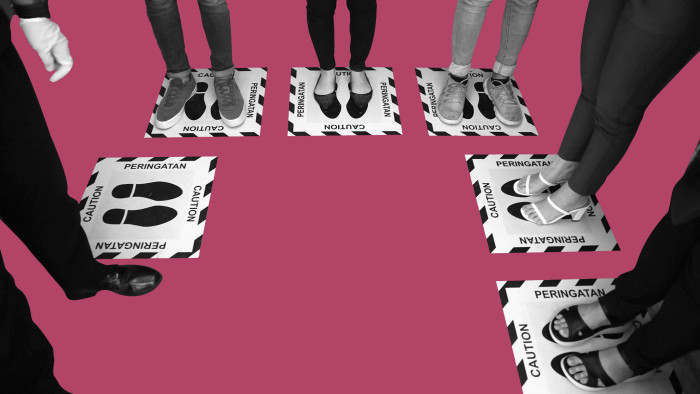
This week the FT’s Jo Ellison looks at what enforced social coldness means for body language. Handshakes are long gone and the elbow bump too — how do we express affection in the age of coronavirus?
“Maybe it’s time to introduce my grandmother’s old favourite — when you do something she approves of, you get a little wink. It’s friendly, informal, cheeky, and it shows solidarity. Plus, you can read it from a distance.”
Home working leaves UK vulnerable to fraud
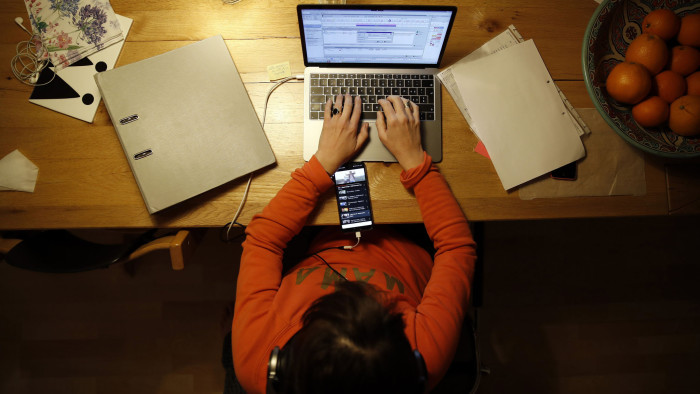
Mass home working as a result of coronavirus has opened up opportunities for fraudsters to target companies and fuelled a sharp rise in attempted scams in recent weeks.
“While regulators have been quick to warn about schemes aimed at individuals amid the pandemic — such as financial data ‘phishing’ attempts, or bank payment frauds — the danger to businesses and their investors is equally heightened, say advisers.”
Closing argument
Those of us feeling smug about our lockdown exercise efforts will be put to shame this week by 73-year old Rosie Swale-Pope (top picture). The adventurer is currently holed up in a Turkish hotel, but since July 2018 she has spent nine nights in every 10 sleeping inside a three-wheeled trailer she is hauling from Brighton to Kathmandu, Nepal, in a 5,300-mile run through 18 countries.
“From 2002 to 2007, Swale-Pope ran almost 20,000 miles from her then home in Tenby, Wales, through northern Europe, Russia, Alaska, Canada and the US, returning to the UK via Greenland and Iceland. She endured broken bones, frostbite and encounters with hungry wolves — and turned 60 on the road.”
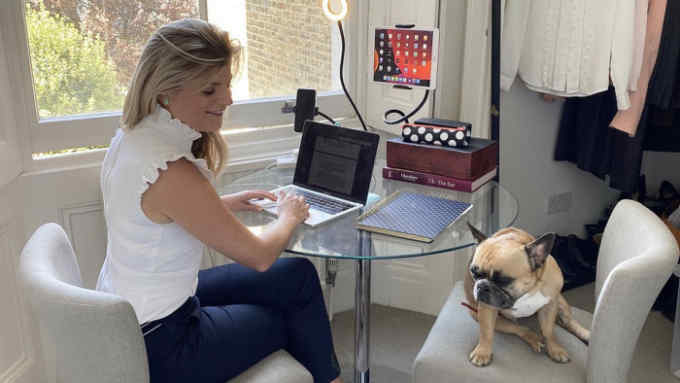
Comments